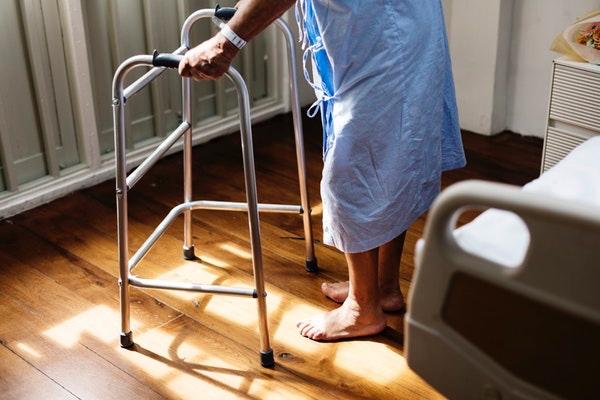25th September 2018
Minimum Wage and “Sleep-Ins” Decision Confirmed

The financial pressures on the care sector are never out of the news for long. However, employers providing round-the-clock supervision or care to the elderly and infirm, vulnerable adults and young people are breathing a sigh of relief following a recent judgment on entitlement to the national minimum wage. The recent decision in the Court of Appeal confirms that most workers who sleep during a ‘sleep-in’ shift are not entitled to the national minimum wage while asleep.
Employers in the care sector may need staff such as nurses and care assistants at night to be awake and active on the job as if it were a day shift. This is known as working a ‘waking night’. Depending on the staffing requirements, employers may require staff to ‘sleep-in’. Sleeping-in staff are usually required to be on the employer’s premises but allowed to sleep, unless woken to support patients or residents during the night.
Many employers pay sleep-in staff only for the time that they are actually awake and working during the night or just pay a fixed sum for the whole sleeping-in shift. In 2017, a case at the Employment Appeal Tribunal determined that even if sleep-in workers were allowed to sleep and usually slept all night, they were entitled to the national minimum wage for the whole shift.
The impact of this decision on the care industry was immense, particularly as many workers would have been entitled to back pay for the last six years. In response, HMRC set up a compliance scheme for employers in the social care sector who found themselves on the wrong side of this law.
More recently, in the case of Royal Mencap Society v Tomlinson-Blake [2018] the Court of Appeal ruled that if workers are given sleeping facilities at work or are on call in their own home at night and expected to sleep, they are only entitled to the national minimum wage for the time that they are required to be awake to carry out their duties.
Just how helpful this judgment is for you will depend on the working arrangements for your night staff and the wording of their contracts. The workers in this case were care workers who were expected to sleep during their shifts. Although they might occasionally be interrupted at night to carry out their duties, most of the time these workers could sleep through the night.
For other night workers, such as night watchmen, who are allowed to sleep for part of the night shift, they may still be entitled to the national minimum wage for all of the night.
The trade union, Unison who represented one of the workers in this case, report that they have applied to the Supreme Court for permission to appeal. It is unclear whether permission will be granted but, in the meantime, employers in the social care sector should review their current arrangements, revised HMRC guidance on sleep-ins and their level of interaction with the social care compliance scheme set up by HMRC.
This post first appeared on the Chadwick Lawrence website



